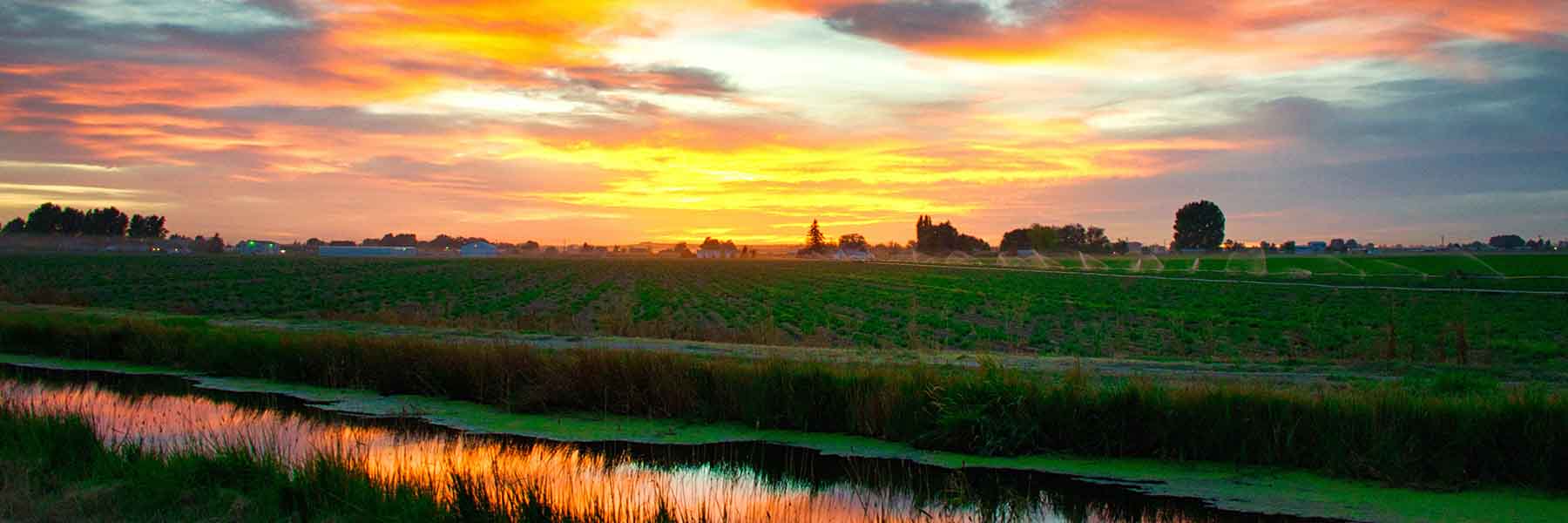Research in my lab is conducted mostly in human-dominated landscapes, such as intensively farmed watersheds or urban/suburban streams. The overarching goal is to understand how freshwater ecosystems respond to human activities and to identify potential solutions to mitigate the adverse impacts to water resources. Of particular interest are the biogeochemical cycles of carbon, nitrogen, phosphorus, and related elements such as silicon.
Understanding how freshwater ecosystems respond to human activities
Current Projects
Indiana Watershed Initiative
 This project is a collaboration with Prof. Jennifer Tank at the University of Notre Dame, and also involves numerous partners from state and federal agencies, NGO’s, and the private sector. The research involves a multi-year, watershed-scale, manipulation of land cover (winter cover crops) and stream restoration (two-stage ditch). The goal is to determine the effects of these conservation practices on water quality and biogeochemical processes when implemented on a large spatial scale.
This project is a collaboration with Prof. Jennifer Tank at the University of Notre Dame, and also involves numerous partners from state and federal agencies, NGO’s, and the private sector. The research involves a multi-year, watershed-scale, manipulation of land cover (winter cover crops) and stream restoration (two-stage ditch). The goal is to determine the effects of these conservation practices on water quality and biogeochemical processes when implemented on a large spatial scale.
Hydrological and biogeochemical responses to intermittent flow in headwater streams

This collaboration with Prof. Adam Ward is aimed at understanding biogeochemical responses in headwater streams when surface flow ceases and when surface flow returns. Intermittent streams are common, but they are understudied relative to perennial streams.
Climate and other large-scale drivers of nutrient availability in the Mississippi River basin
 This project is part of an NSF Research Coordination Network on stream resiliency led by Dr. Jay Jones and Dr. Matt Whiles. The team is analyzing data from a variety of sources to examine temporal and spatial trends in nutrients and the large-scale drivers of nutrient loading at a nearly continental scale.
This project is part of an NSF Research Coordination Network on stream resiliency led by Dr. Jay Jones and Dr. Matt Whiles. The team is analyzing data from a variety of sources to examine temporal and spatial trends in nutrients and the large-scale drivers of nutrient loading at a nearly continental scale.


